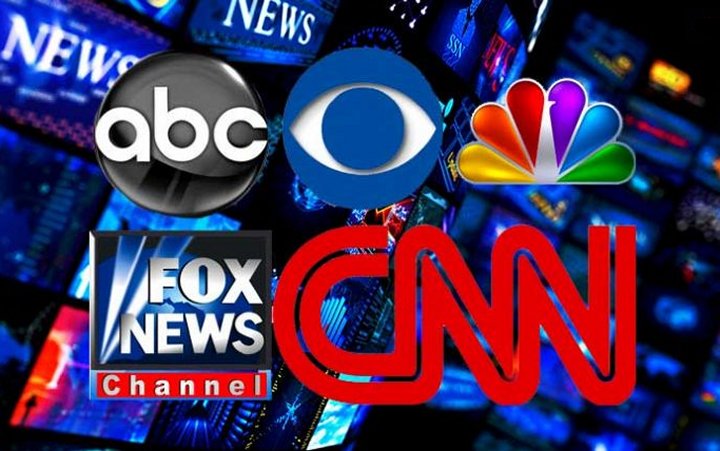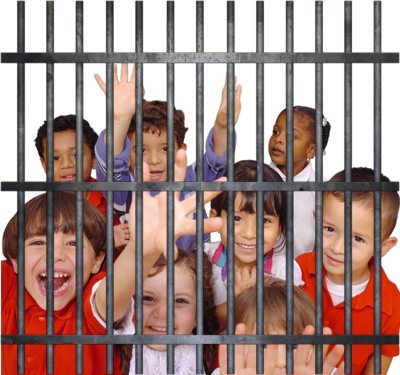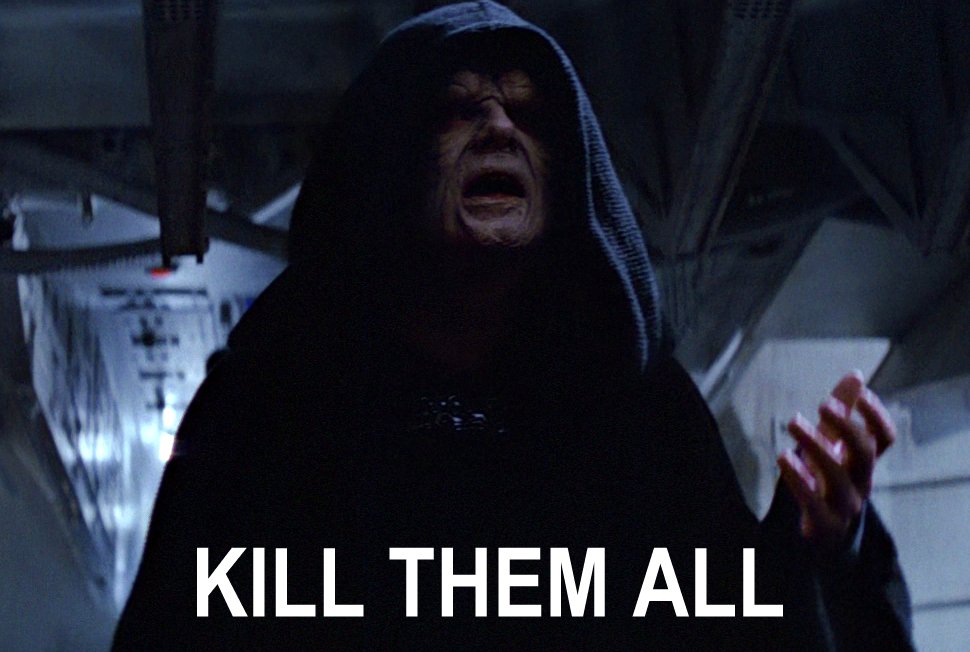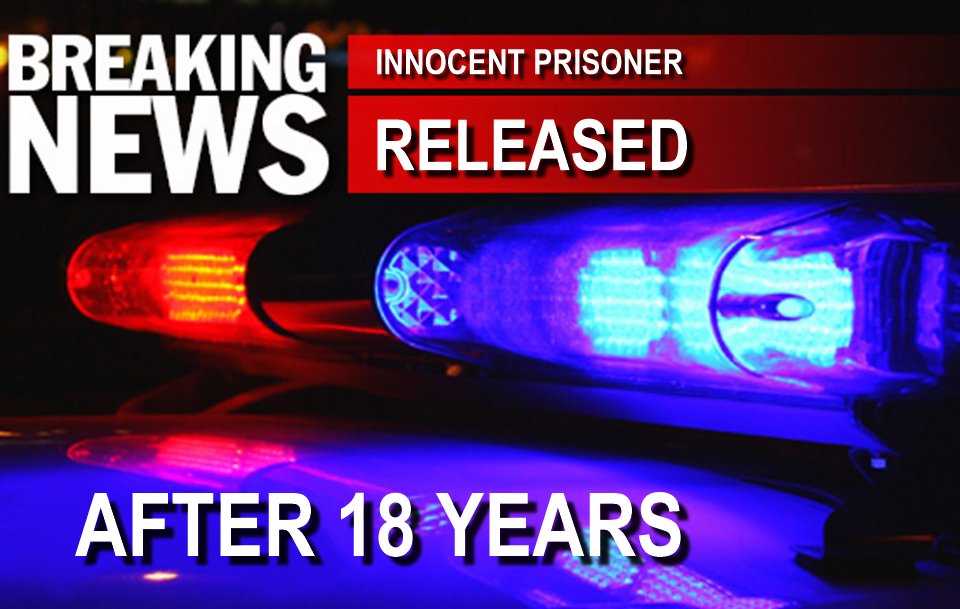If you don’t fit into any of the massive numbers of social niches society has carved out for you to align yourself with, you could find yourself headed for prison. That’s what happens if there’s no place for you in our society.
The system we live under today forces us to find tidy thought boxes to fit ourselves into and allows us to freely move from one box to another any time we want. This is supposed to give you the illusion of being able to exercise free will. For the most part, we have accepted this social construct and believe that as long as we are free to choose between the options which have been presented to us, we are free.
But is this true freedom?
Our system is packed full of checks and balances to monitor our progress and to determine if we are being “good little subjects.” So that society can determine whether you have found a place to fit yourself into, if not, they will tighten the reins on your bridle, to steer you into any of the boxes they have carved out for you.
Your family, friends, and teachers will exert a great deal of effort and deep-rooted concern for you in their desperate need to feel comfortable about your station in life. They fear that if you do not find a place to fit in, then you will needlessly suffer, and possibly end up homeless, in prison, or dead. They know that you must choose among the acceptable social boxes and to fit in one, or else, something terrible may happen to you. This fear keeps most of us safely snuggled into our own boxes.
There are so many tools which have been arranged to help you select the box that is a good fit for you, the mainstream media, and even the non-mainstream media, is providing you with ample opportunity to choose between this and that, to decide what is right and what is wrong, and any four choices creates a box. Good for you.
To choose between this and that, to build your own walls of what is right and wrong. This is how your box is defined.
Once you’ve defined your box, your next task to find others that have fit inside a box which is similar to yours. This will be an established group of people who are authorized by society to continue to socialize themselves.
If you are having difficulty finding a box that suits you, no problem. There is an app for that. There are free apps on your cell phone which will help retrain you into adopting a box which you can snuggle yourself into.
But what if I don’t want to follow the status quo? not to worry, there are many authorized boxes that appear to be against the grain or counterculture, but these have also been provided for you to choose between so that there is the illusion of free choice or freedom.
In the event your fear of correction, family, friends, teachers, news media, social media, computer programs, or device apps cannot assist you in your social mission to fit yourself into an acceptable box, there is a pill for that.
Not fitting squarely within a social box may mean that you’ve qualified yourself for a mental health diagnosis, for which there is treatment in the form of medication. This medication will make it easier for you to find a box to fit yourself into.
If you are unresponsive to the treatment or reject it altogether, you may begin to find yourself on the slippery downward slope which your family and friends feared would happen if you were unable to find an acceptable box.
First of all, your ability to support yourself will be cut off. You must have a job or align yourself with societal structure enough to obtain enough support to simply survive. If you cannot do these basic things, how will you live? Where will you live, how will you eat?
Well, you might think it through and convince yourself that, “This is America, land of the free,” and decide to live off the land, like your ancestors. Not socially acceptable. There are so many laws which have been written that all of them are nearly impossible to follow unless you have enough cashflow to obey them properly.
Any broken law can get you fined and/or arrested. Continue to try to live free, outside of compliance, you will receive more fines and arrests. Because you have not found an acceptable station in life to fit in, you do not have the wherewithal to come up with the cash to pay the fines, unless you break more laws to make the payments.
Once you’ve fallen into this cycle, which you found yourself in by trying to stay true to your own individuality, you wake up to find yourself forced into a safe 8×10 box of concrete and steel, where – if you’re lucky – you can finally begin to continue thinking for yourself, but it will cost you.
You won’t be able to choose when or what you eat. You will not be able to choose what media you have access to, except to choose from what options have been authorized and preselected for you to choose from. If you appear to be compliant enough, you will have regular limited access to fresh air, outside your box on a daily basis.
Our prisons are full of people who do not fit in our society. They are not criminals. They just have no other place to fit in.
This is criminal.





